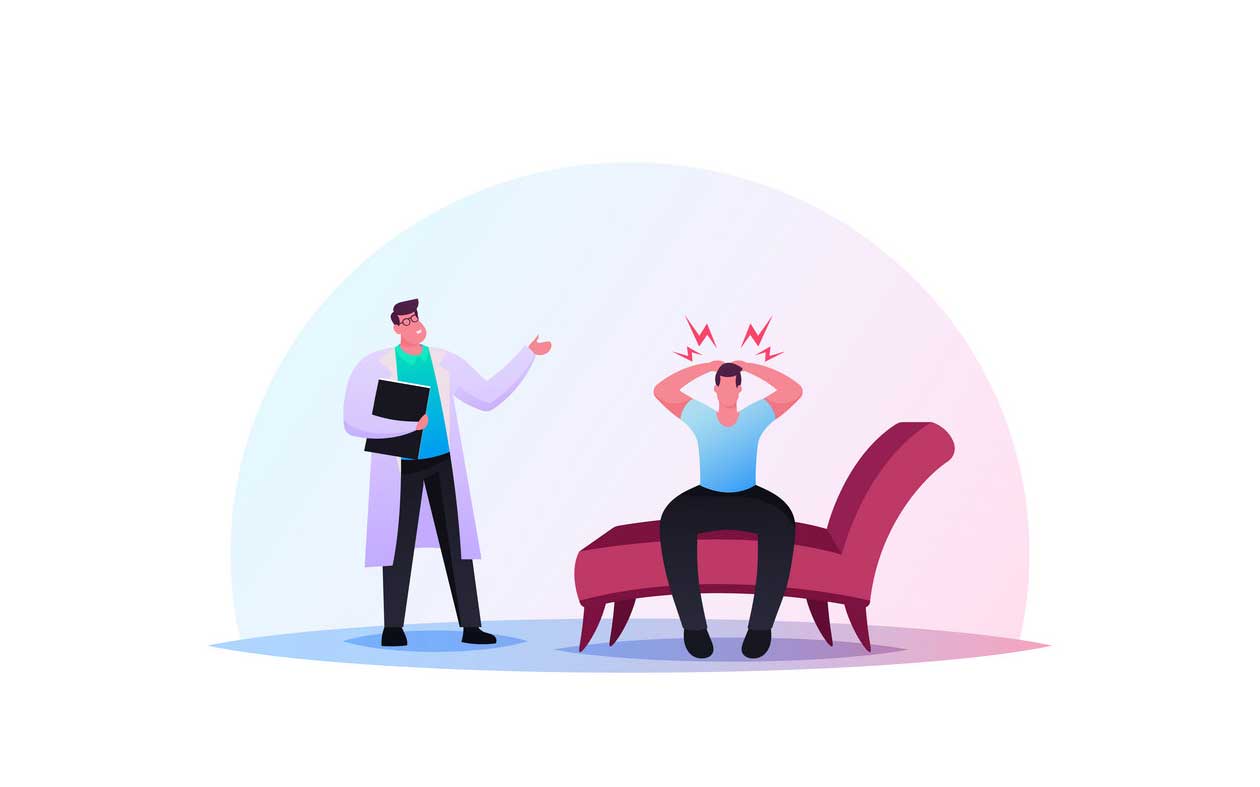
Psychiatric Sessions
Psychiatric sessions, also known as psychiatric consultations or appointments, involve meetings between individuals and psychiatrists, who are medical doctors specializing in the diagnosis, treatment, and prevention of mental illnesses. These sessions are a crucial aspect of mental health care and play a significant role in helping individuals manage their mental health conditions.
Book Your Session